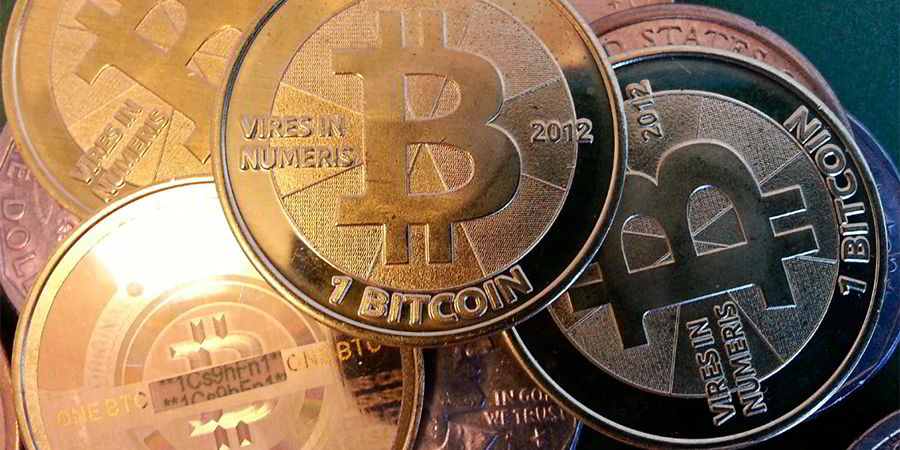We have seen many projects over the past few years claiming to leverage blockchain and decentralised technology. Some have been launched by start-ups seeking to “revolutionise” the shipping economy, such as through tokenisation of ships — whereby a vessel is given digital value represented by tokens.
Other projects have been initiated by the large companies using blockchain to design ecosystems among various maritime players to gain efficiencies through safe data sharing and automated payments.
What is common to these decentralised projects is the value of joint efforts to create great solutions, which we see happening in all industries.
The digitalisation of shipping has been called Shipping 4.0, mirroring similar developments in the land-based industry known as Industry 4.0: The fourth industrial revolution.
Blockchain solutions
Quite a few shipping projects have been launched in this spirit, including blockchain solutions that allow companies to use, share and transact on data more efficiently: for instance, trading platforms that use smart contracts on a distributed ledger to ensure secure bills of lading; or a maritime insurance platform that allows the likes of AP Moller-Maersk to obtain accurate insurance for its vessels.

This is most likely just the beginning of these cooperations. Other industries are establishing consortia to ensure common knowledge. This trend is bound to change the shipping industry from silos offering specialised services to larger communities of companies acting together to deliver more accurate and possibly joint services to the market.
This will mean single players might lose out. If you are not prepared to collaborate and share data, you might not be able to deliver as accurate and informative services as the market expects.
The enabler of an efficient ecosystem and data sharing is decentralised technology, which includes blockchain.
In a simple chain of production and supply of products that does not require a strict certification of the provenance, a shared database is probably sufficient. But in today’s shipping industry, with various stakeholders — including the seller, buyer, multiple and multimodal carriers, banks, ports, customs, brokers, agents and insurers — a decentralised system based on trust and verified data is much better.
Single players might lose out. If you are not prepared to collaborate and share data, you might not be able to deliver as accurate and informative services as the market expects
Smart contracts
In this system, no single central authority or point of failure controls all data information flow. Smart contracts enable the transfer of digital assets between the parties automatically, based on data shared between the network parties.
A private blockchain can ensure privacy around the details of each transaction and sensitive data, as opposed to an open blockchain. Simple examples are the automatic payments of insurance premiums based on verified location data input of the vessel (eg, hull insurance) or a track-and-trace solution for products whose origins and transport conditions are important (fish, wine, medicines).
Automatic payments
Another example is customs declarations and automatic payments while sailing into the port, which is being tested in Australia. This will reduce administrative delays and allow the cargo to be ready for delivery once unloaded.
Maritime actors not yet collaborating or leveraging shared data with other industry players or technology companies might find comfort in the fact that it is still early days. However, the market is changing rapidly and individual players acting alone will probably be the first to lose.
Mads Ribe is an Oslo-based attorney at EY Law





